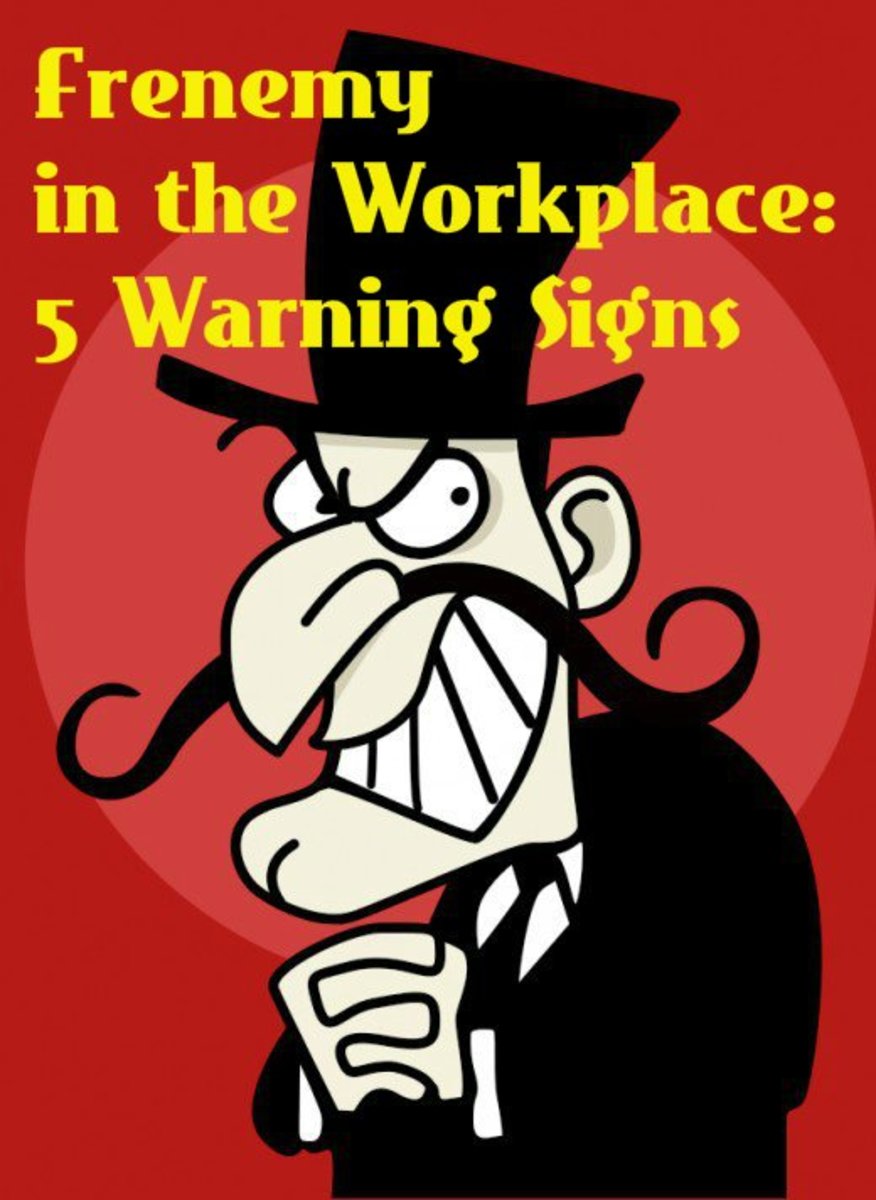Keys to A Strong HR Training Program

The beginning of a strong company occurs with a strong HR training program that commits to building loyal employees and their success. Company training, whether at the outset of one's career or as continuous learning, should never be the company only as an ideal, but rather be a genuine display of that company to employees—and this is what makes it so important to get right.
If done well the company wins great aspirants and the employees win rewarding careers. If done poorly, poor performance by the company and employees will result and probably high attrition will occur. So what are some keys that make HR training successful?
The Role of Company Trainers
A trainer's role is important. He or she is the liaison between company values and employees. The trainer must understand this or risk disservicing trainees by not understanding his role with them. Sure, employees can be given manuals to read and study. People can learn on their own with time, but it is usually an inefficient process.
Teachers, however, have the advantage of not only knowing the information but having access to tools and resources that trainees could never gain until long down the road, if ever. Think on it: If no one tells a person in the blind “Here is a door,” that person will constantly bump around until someone does tell him so or he figures it out. But that’s inefficient and so is learning amidst confusion.
Next, a trainer should never assume the perfection of his craft or believe that teaching is self-sufficient. Teachers need teachers and mentors for accountability and to sharpen their craft. A human resources department should be in the process of regularly retraining its training program leaders because it, just like HR itself, makes a big difference to profitability. A lackluster training program will tell on itself with its output and students will be the first to smell the stink. A teacher, in any craft, that doesn’t remain at the top of his craft devalues the trainee’s education and makes him less competitive. Colleges and universities understand this well.
Then, a worthwhile teacher will not forget to ask "How am I doing?" This guarantees that real communication is occurring during teaching. A trainer should never assume that he is successful at what he does, for then he would be consumed by his own efficiency—and deceived because he would not see how he may stand in the way of progress. Trainees resent a trainer that slows down their goals. This trainer will get a big surprise at evaluation time! But he walked into a glass door.

Have you ever been a company trainer or HR team leader?
The Qualities of An HR Program
A good HR training program helps trainees to see their own progression. Simply because tests are given and passed by students is no reason for a training program to assume that its trainees are ready for a live environment—and neither should trainees accept that as the sole measure.
Live environments are applied learning while the classroom is theory; the differential can be great. Being on the scene doing the work is very different from learning about it. What may be easy to comprehend might be tough as nails to perform. Trainees should demand new experiences with the work itself and new ways of being tested that put them as close to the work they will be doing. It would be a great failure for both parties to go through the training process only to have it all crash when the time comes to perform—and it would be both parties’ fault.
It is important to add here that proper training takes time and it should. Whether you're the company trainer or the trainee, avoid crash-course training. It is a waste of time and money.
The most poignant thing to remember is this: People will not invest too much energy in learning something. When the emotional toil makes learning no longer worth it, people—employees and workers—will quit no matter how good the job. Trainers, therefore, must be thorough and precise with their information and able to help students acquire it.

REMEMBER THIS!
People will not invest too much energy in learning something.
Bad Training Habits: What Not To Do
Addendum: Here are some ways people are turned off to your company and training program.
- Give them ammo. Tell them as one of my trainers did our class—“Guys, I’m so sorry. This is my first time teaching this stuff. They shouldn’t have done y’all like this.” Let the trainees figure this out on their own.
- Insult their intelligence. For instance, stand and read the manual verbatim all day. Things begin to go downhill quickly.
- Move too fast. Make training a survival of the fittest.
- Be merciless. Show no concern for how trainees are fairing, no regard about their low grades. And when they ask for more help or protest the tests, get unnerved and tell them that they will get the grades they make, no if's, and's, or but's.
- Assume a newbie’s proficiency. “You don’t know this!?” “It’s just…!”
- Be critical and never reward the good they do.
Where there is no strong HR training program, there will be no added value, waning morale, and reduced profitability.








